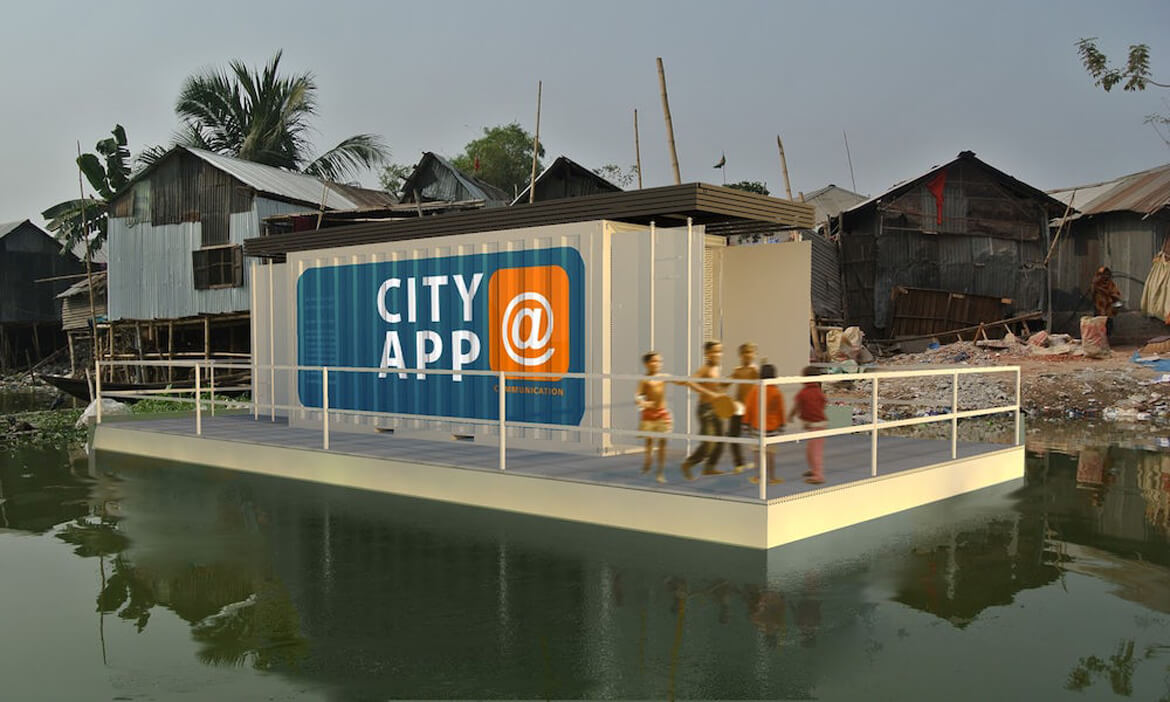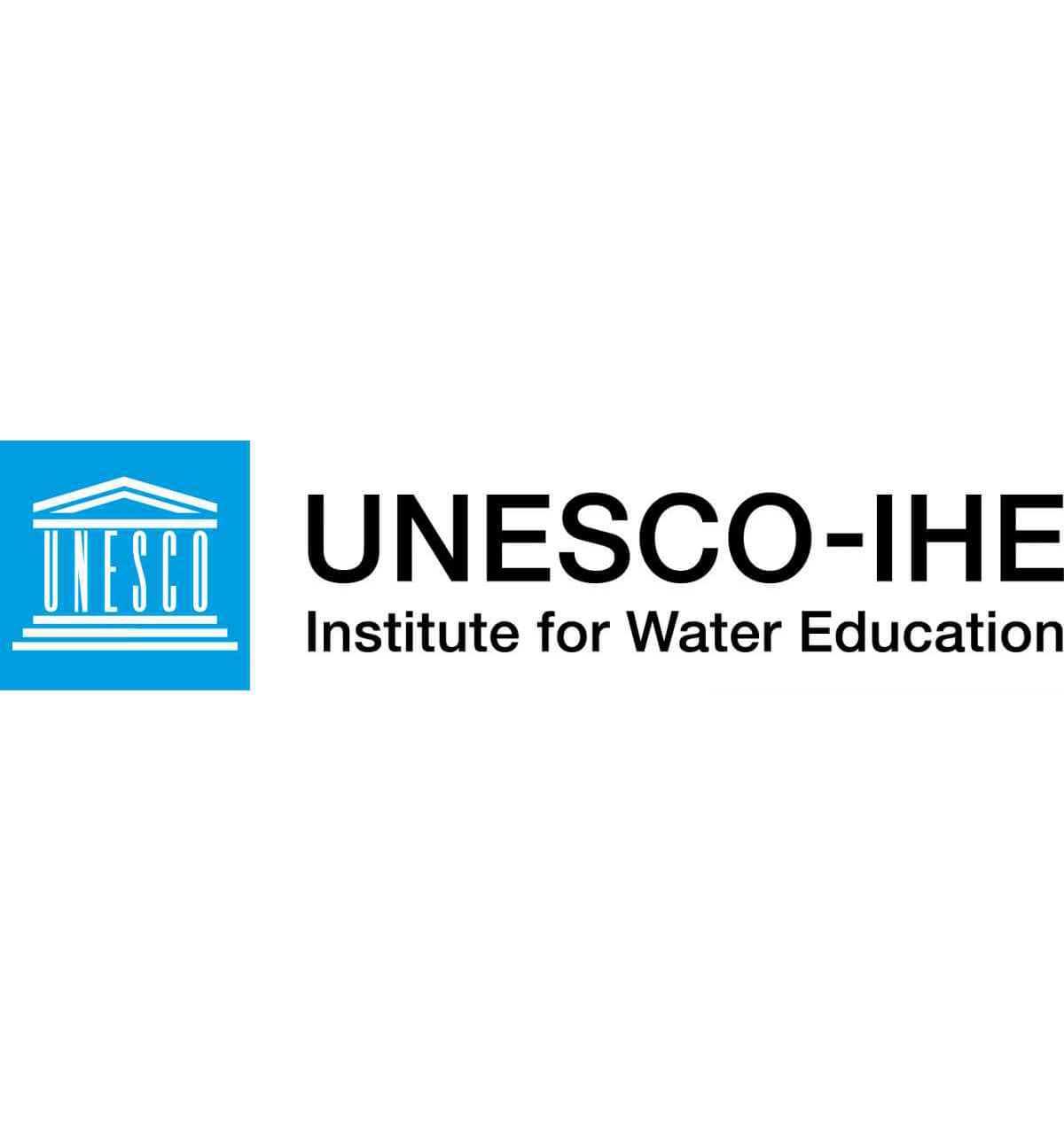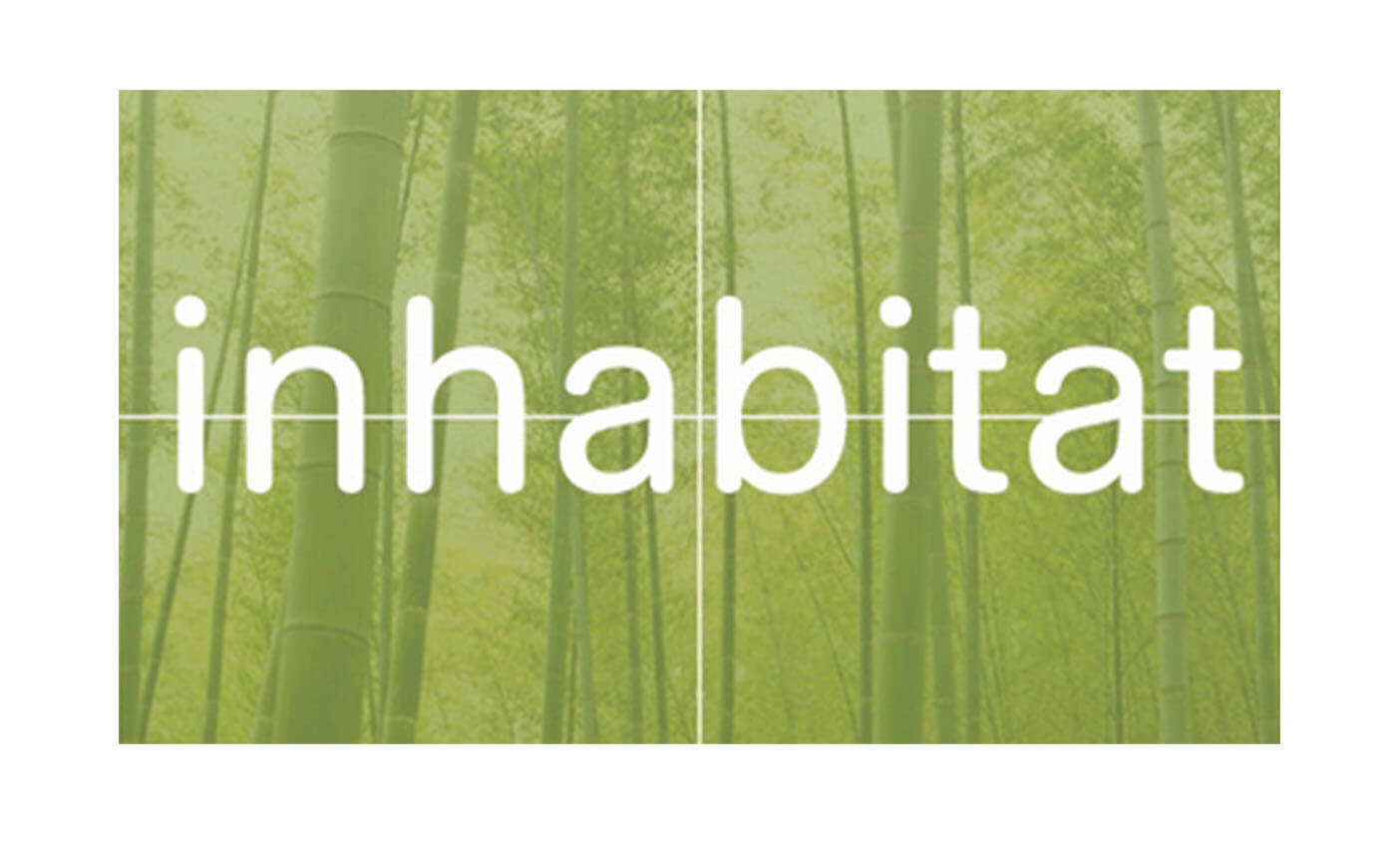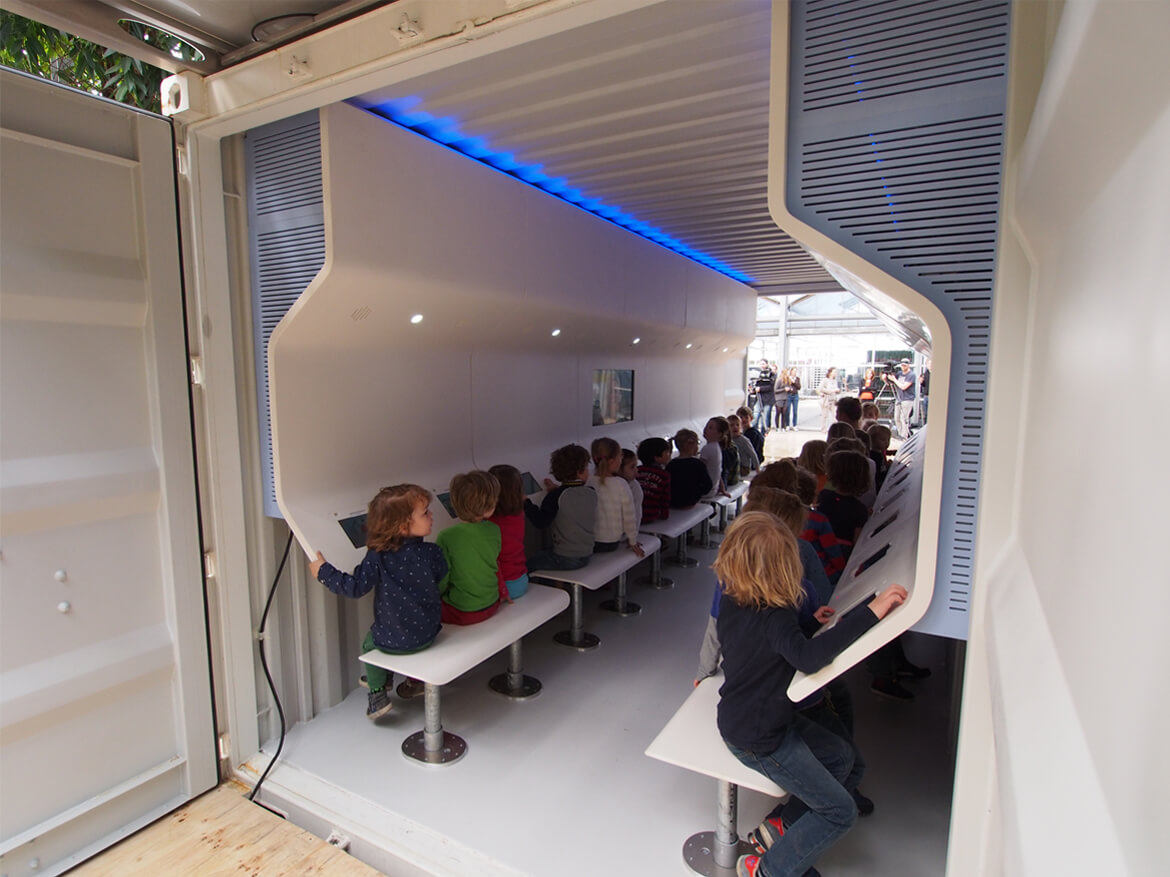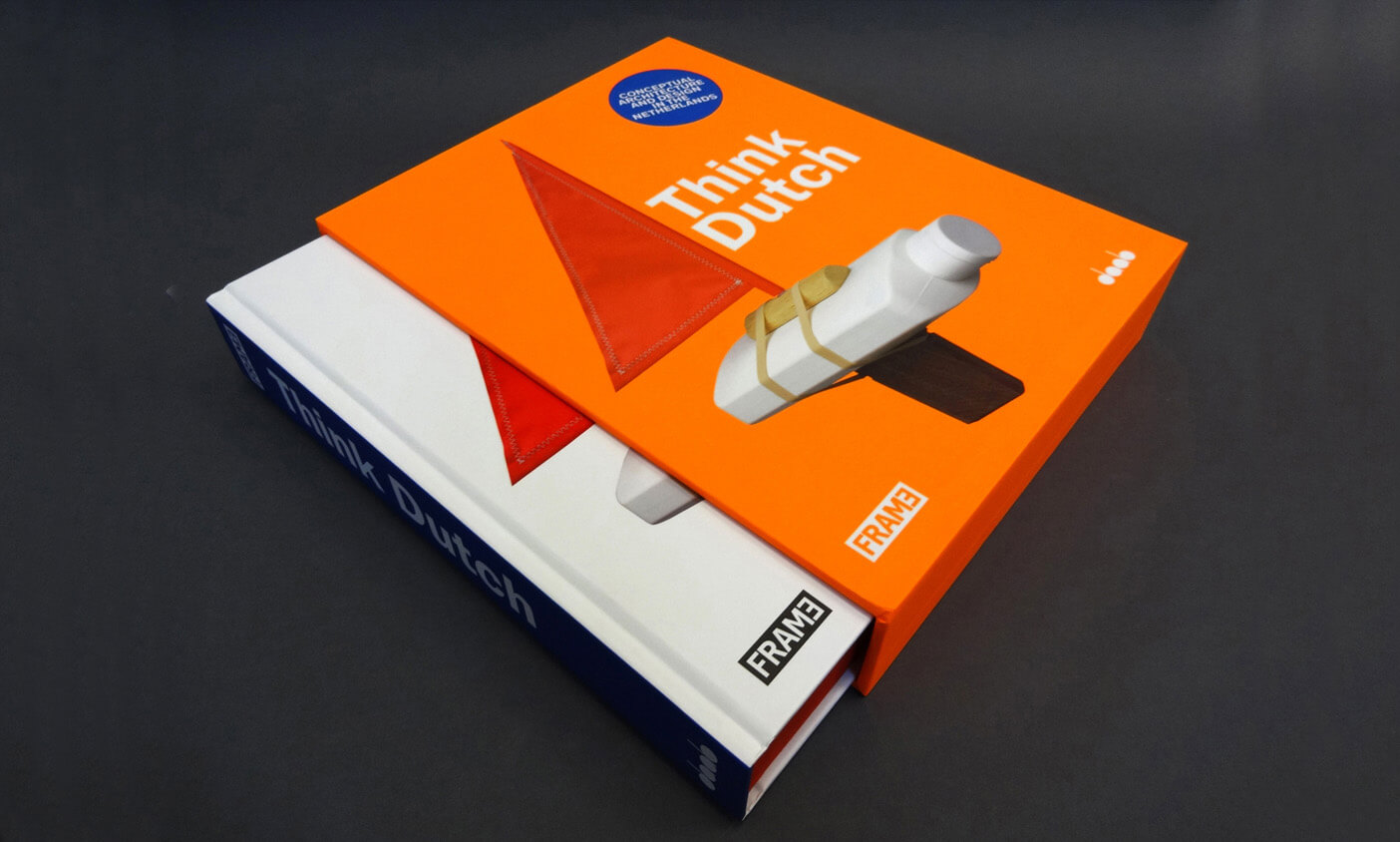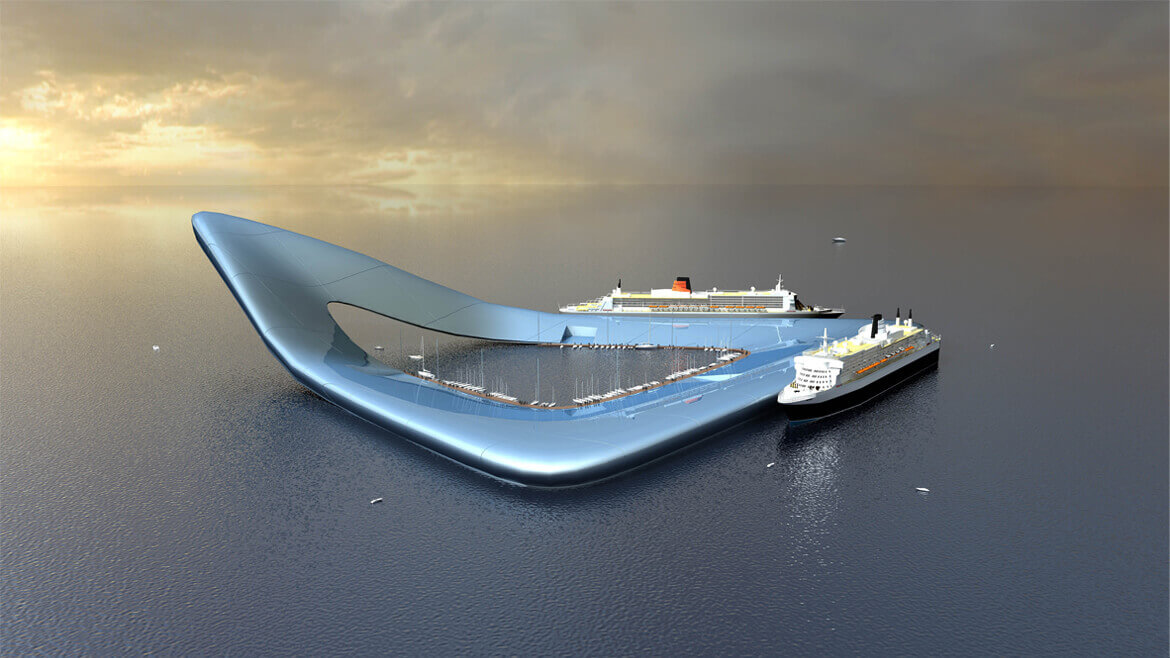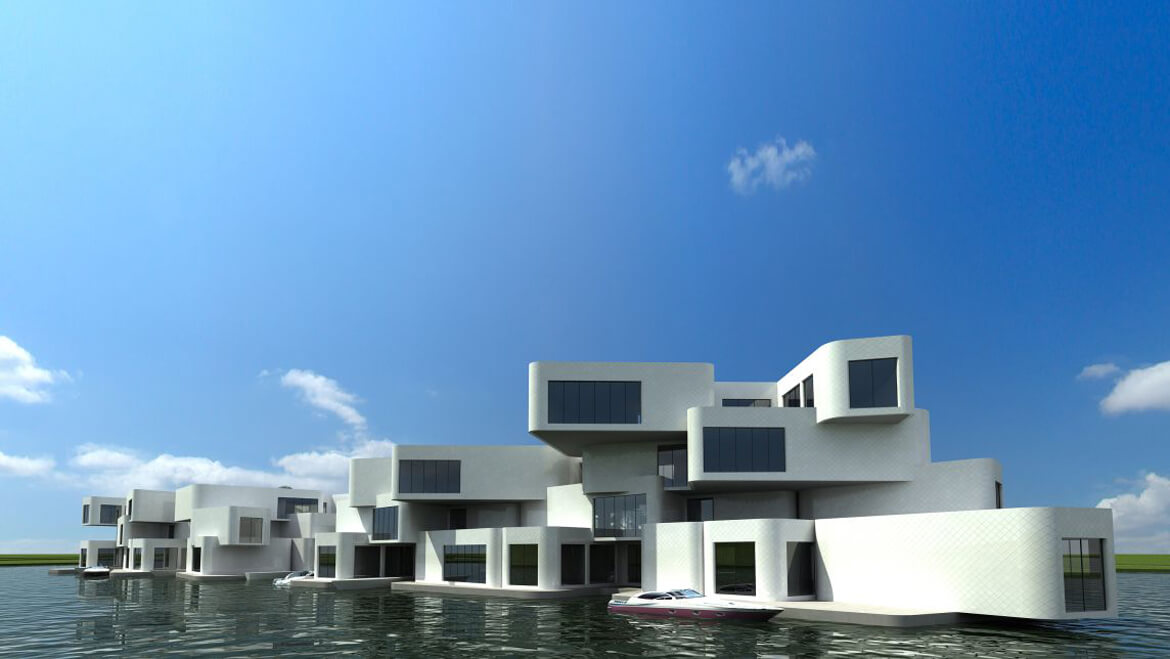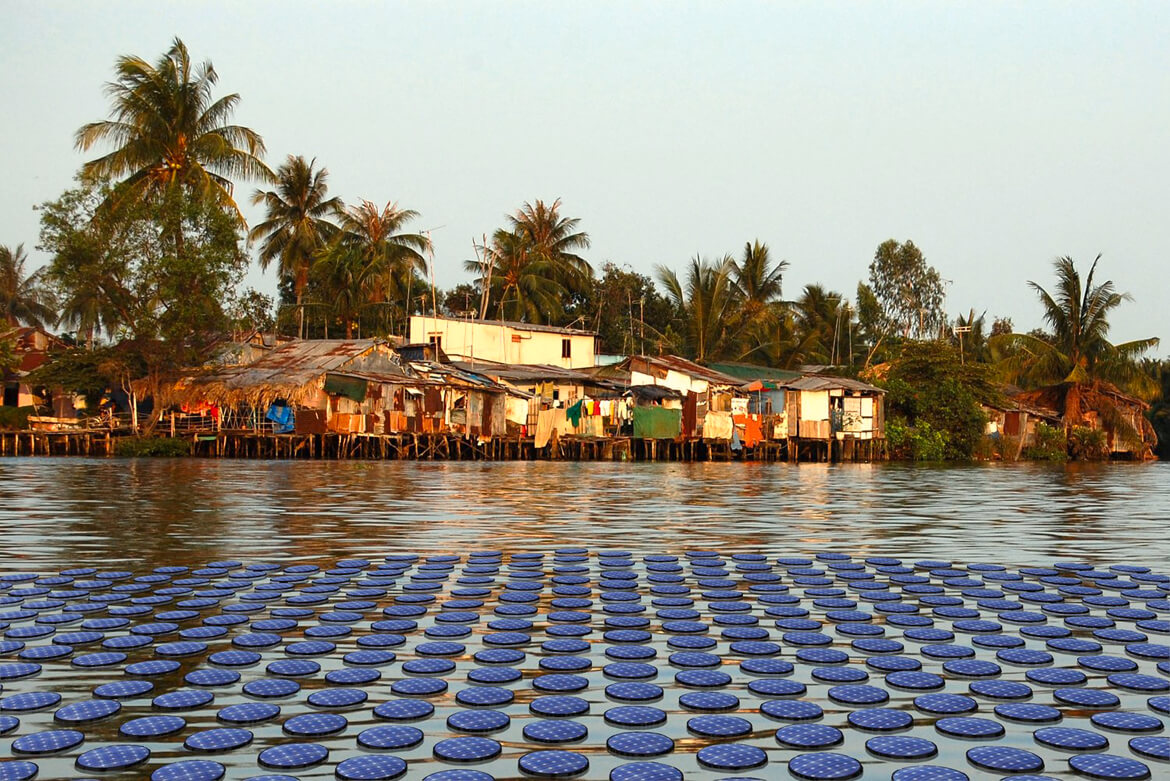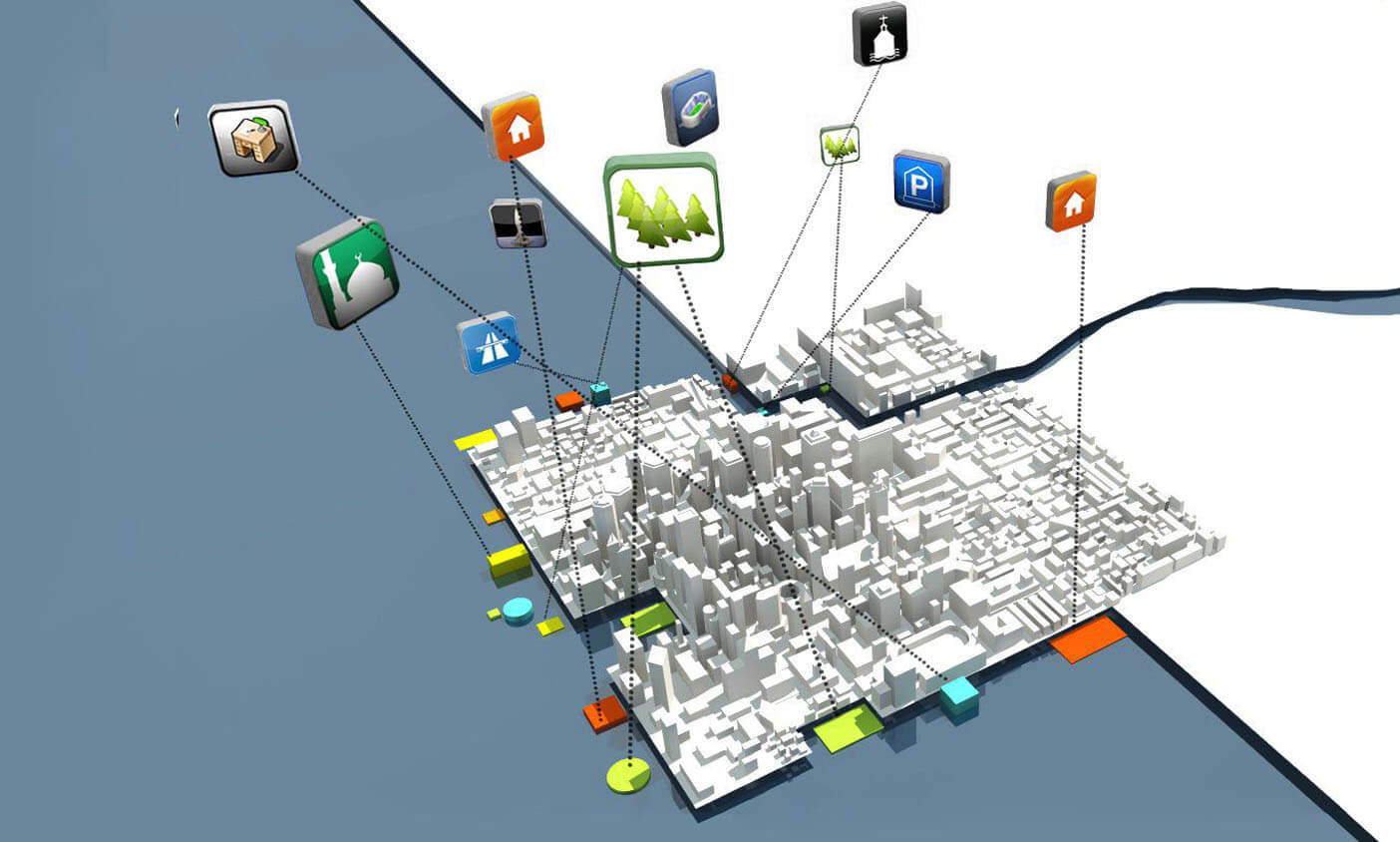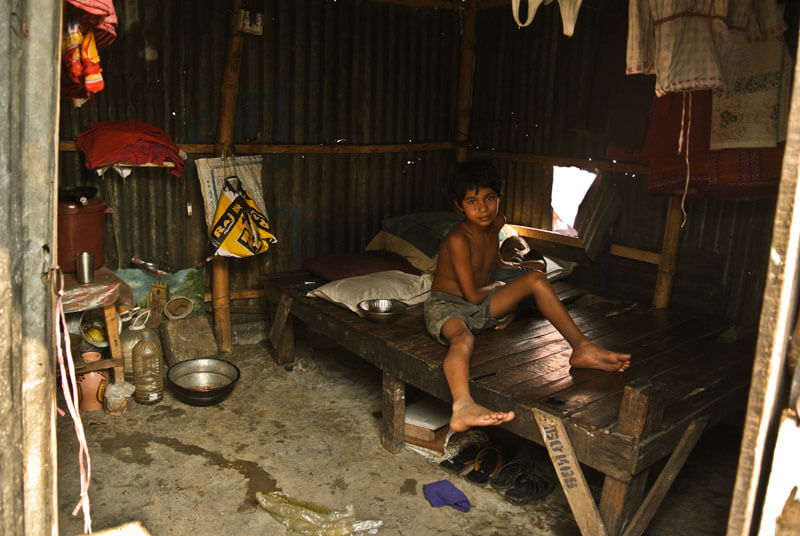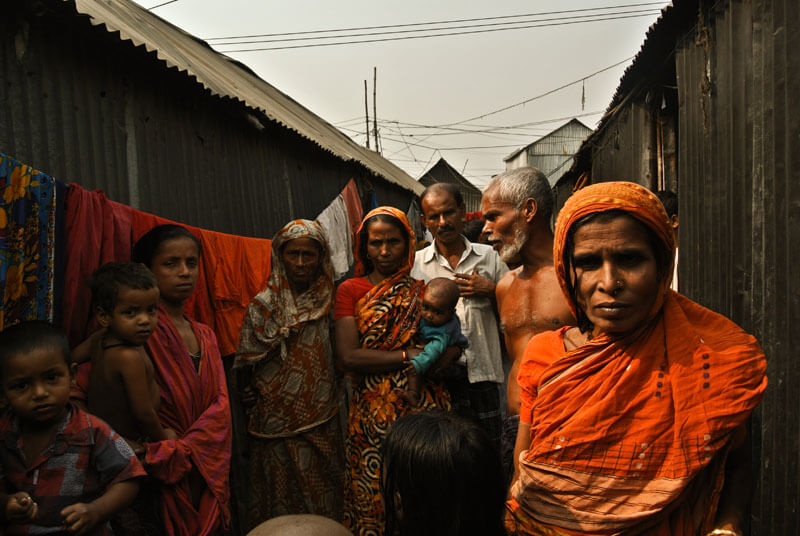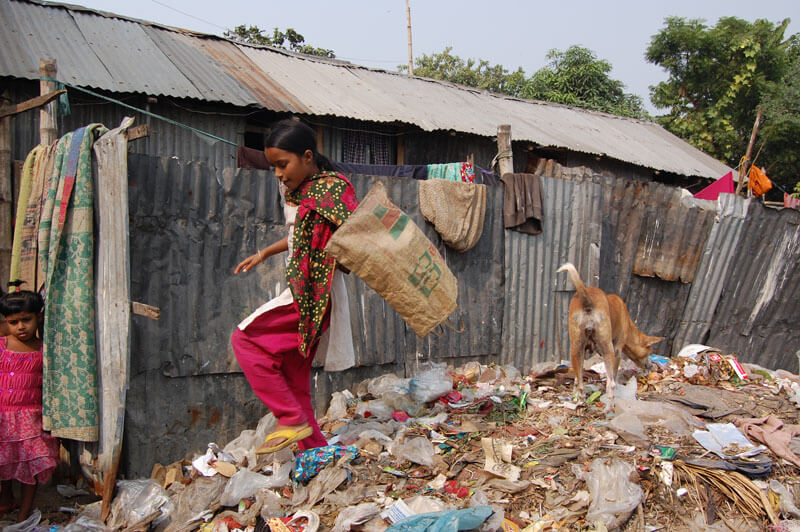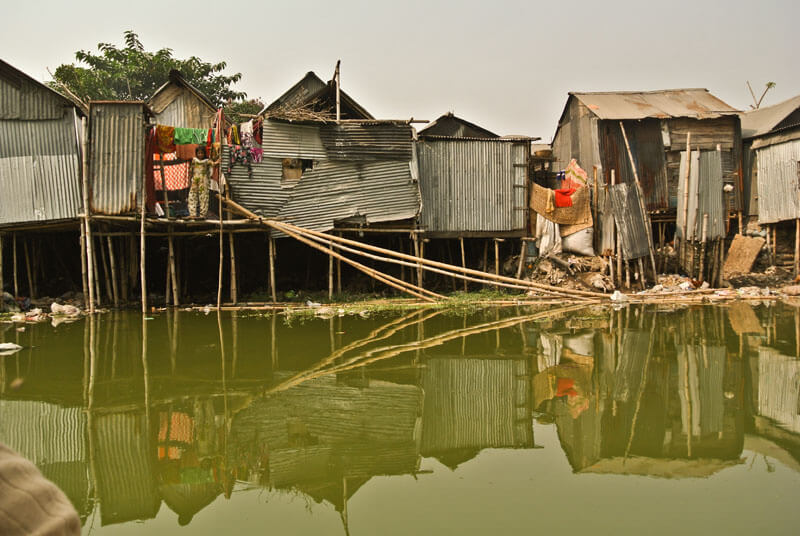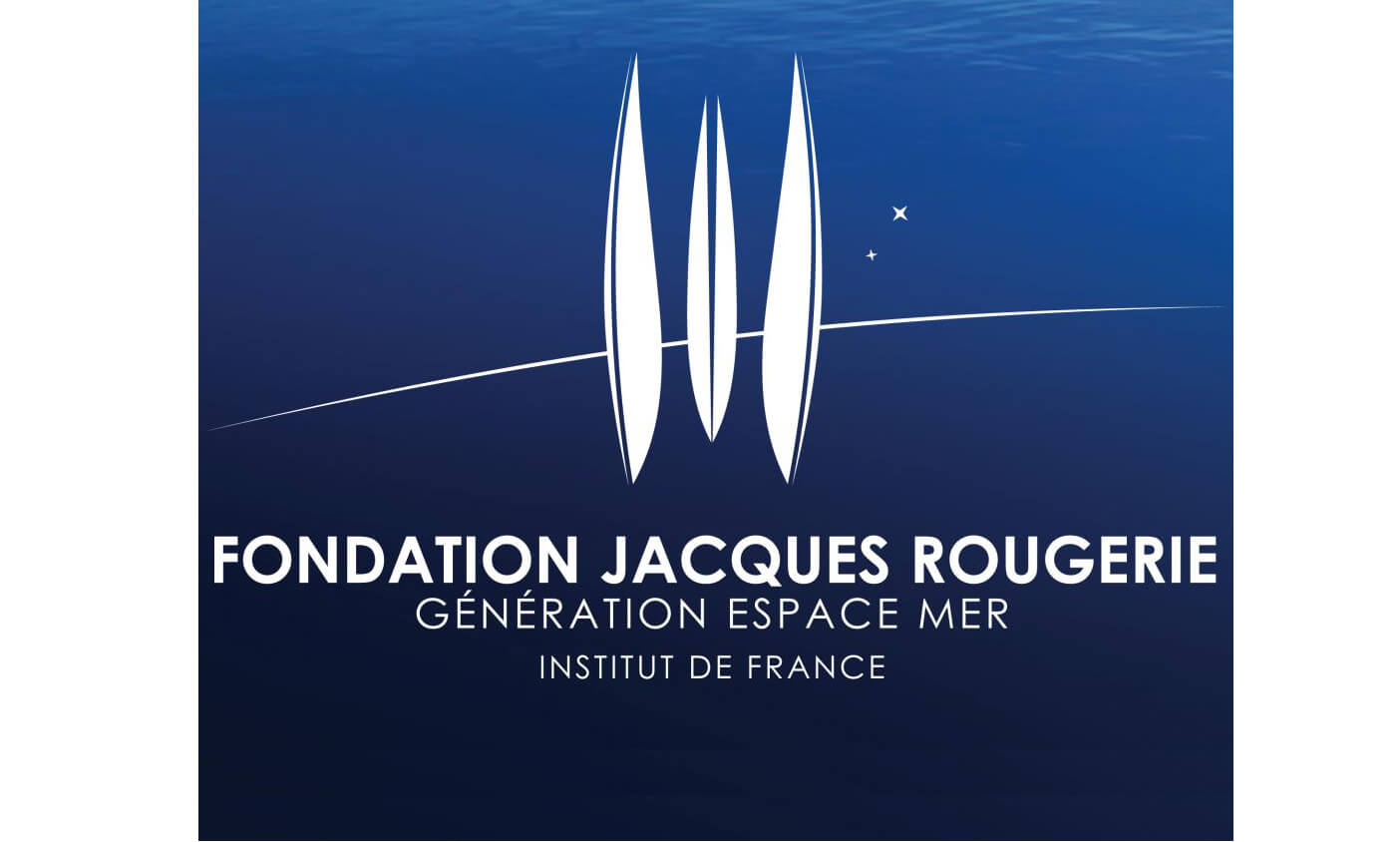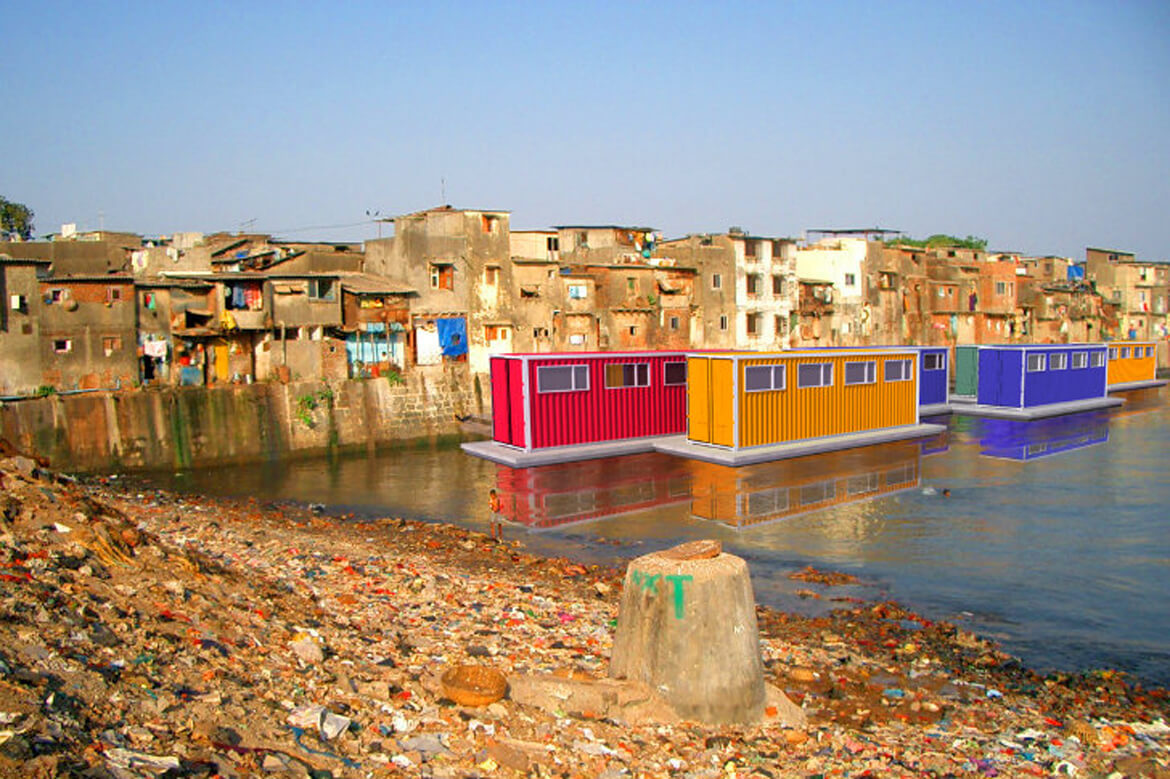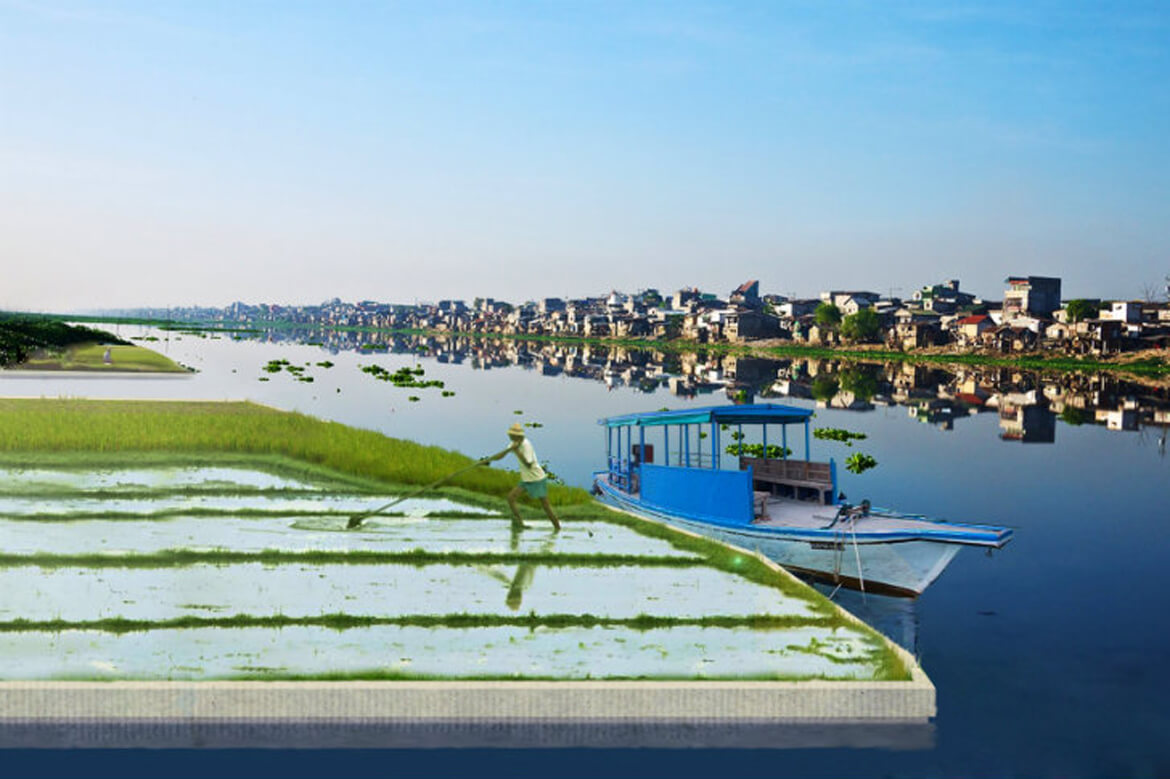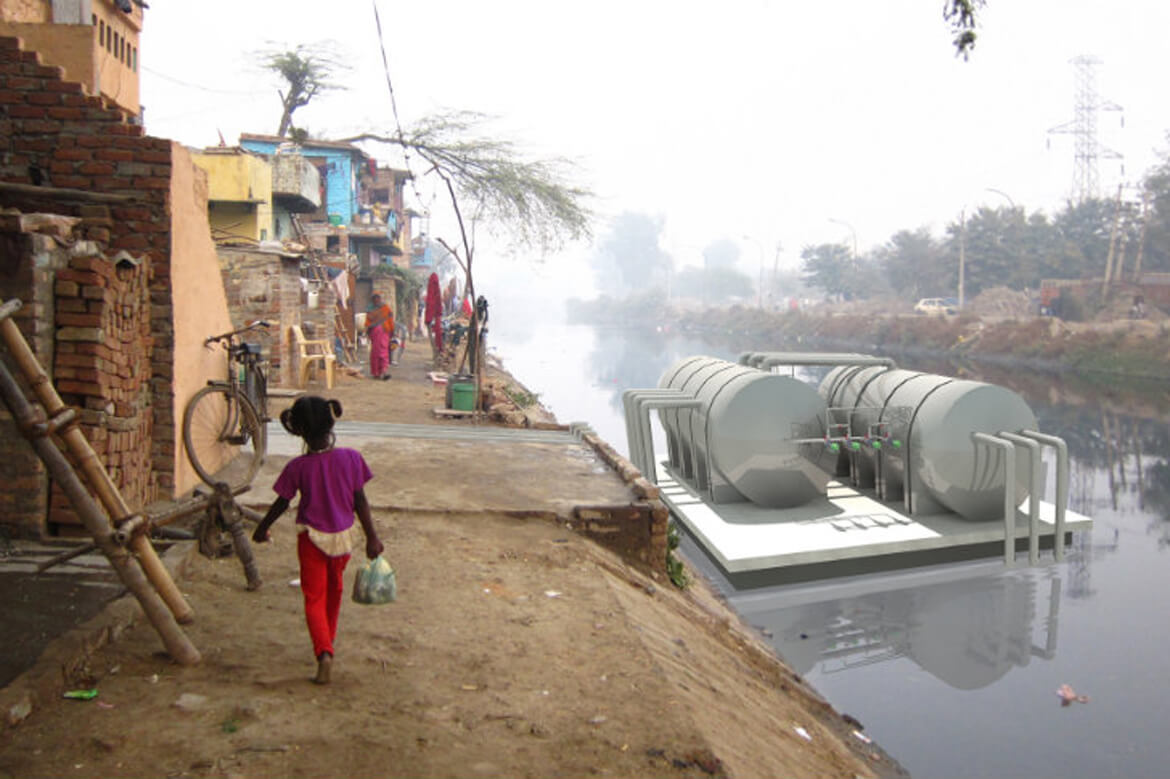Floating solutions for upgrading wet-slums
By Berry Gersonius
UNESCO-IHE
Innovations for water and development
Among the many challenges caused by the rise of global urban population is the accompanied growth of slum population. Around one billion people live in slums – most of them being close to open water. Being most vulnerable to floods, they are least attractive for upgrading investments. Neglected by civil authorities and confounded by a lack of space and money along with vulnerability, these already precarious slums are pushed into a negative spiral.
Using a bottom-up approach, the Floating City Apps Foundation, aims to upgrade waterfront slums with small scale instant solutions. Comparable to adjusting a smart phone with apps according to changing needs, the infrastructure in a slum can be adjusted by adding functions with City Apps.
These apps are floating developments built using a standard sea-freight container. The container is assembled in the Netherlands and shipped to the wet-slum where it is placed on a locally constructed floating foundation. Because of their flexibility and small size they are suitable for installing and upgrading facilities for sanitation, housing, communication etc. They can be added to a slum using the available space on water.
